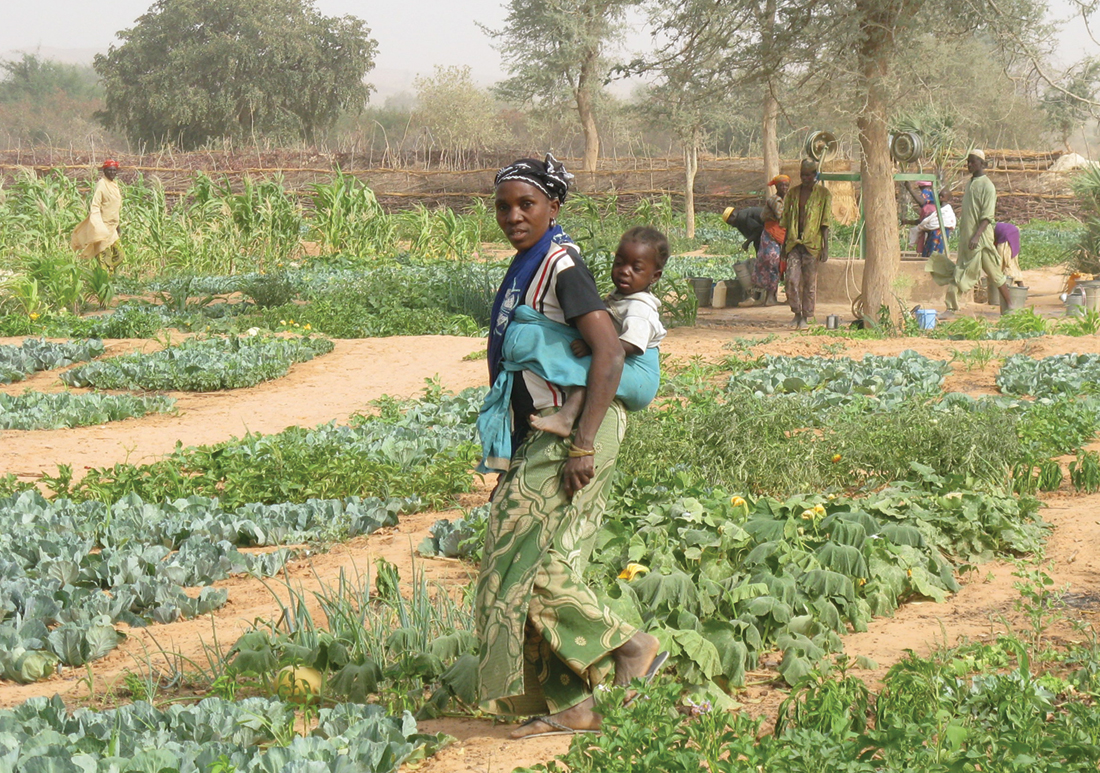
The Passages Project (2015-2022), a USAID-funded implementation research project, summarized learning on understanding of the role social norms play, improving implementation, enhancing evaluation to monitor and evaluate norm-shifting approaches, and strengthening scale-up of normative interventions. From 2019, the Passages Project provided technical assistance to USAID Advancing Nutrition to bring resources and learning to nutrition and accelerate sustained change.
Systematic reviews of the literature on social norms and diets aided in our development of the following guide: Focusing on Social Norms: A Practical Guide for Nutrition Programmers to Improve Women’s and Children’s Diets. USAID implementing partners in Niger and Burkina Faso are testing this guide and using real-life experiences to refine the content.
What we have learned–
- Going beyond the usual focus on individuals, for any type of nutrition activity, is imperative. Social norms are powerful influences on food choices and decisions, such as who gets to eat what foods, how much and when, and who plays what roles in producing, processing, purchasing, preparing, and feeding. Social norms may be supportive to nutrition outcomes, such as extra care for pregnant women, or not supportive, such as women being expected to sacrifice food and energy to be a ‘good’ woman or mother. These norms are often accepted as “just the way things are” or too complex.
- Engaging the people who uphold norms should be an automatic part of nutrition activities.
- Better understanding these influences can guide impactful program decisions at all levels. For example, in food systems activities, this understanding should inform selection of foods value chains and marketing determinations. In health systems, counseling pregnant women on nutrition should be accompanied by addressing the normative influences she faces in order to have substantial impact.
- Communities can reflect on these influences and decide how they want to improve nutrition.
Learning more about social norms in nutrition is essential to designing, implementing, and measuring quality programs. The findings from testing this guide will continue to shape future learning in nutrition social and behavior change.